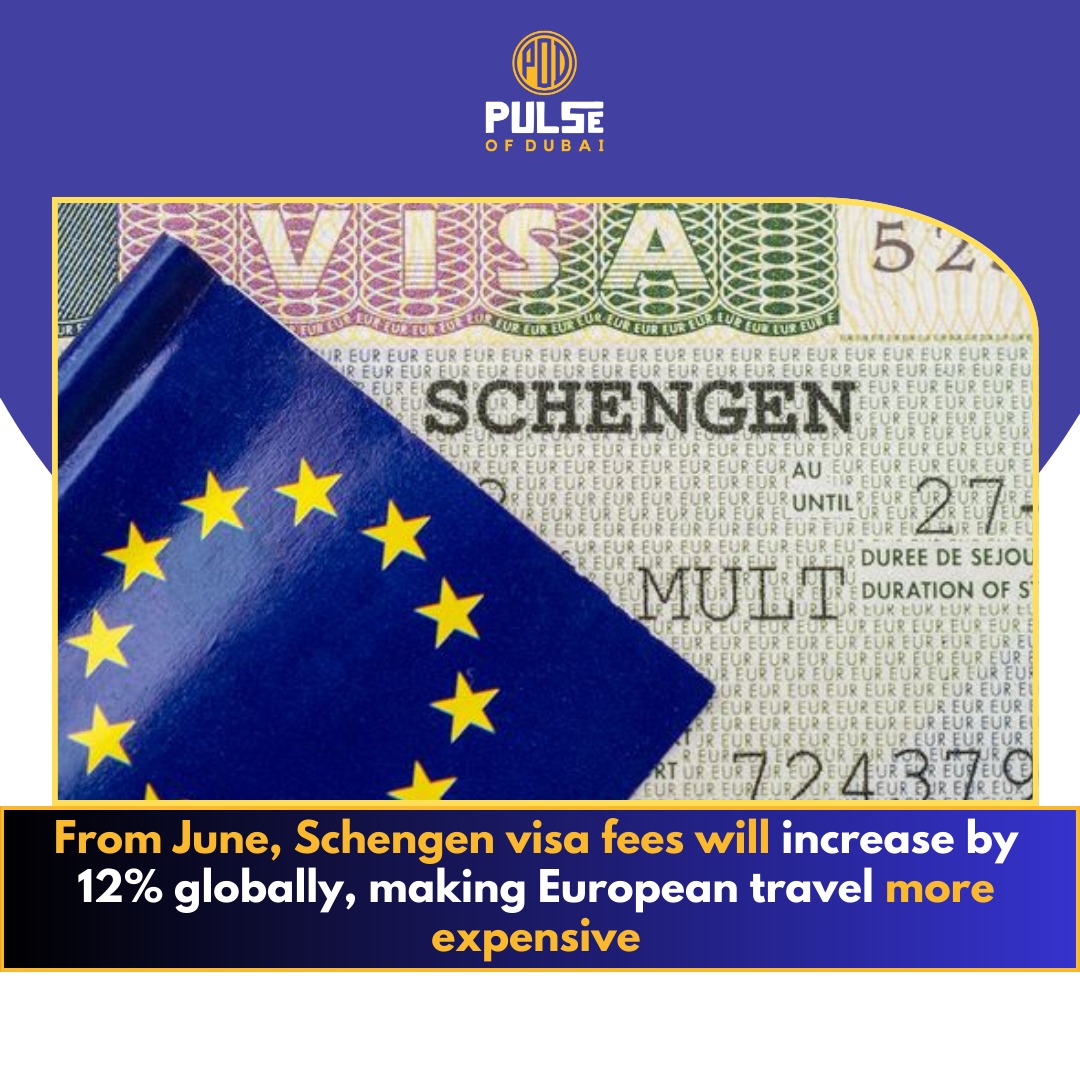Starting in June, Schengen visa fees will increase by 12% globally, which will impact the cost of travel to Europe for many international tourists. This fee hike is part of a broader adjustment intended to ensure the efficient processing of visas and the maintenance of high standards in border security and customer service.
The Schengen visa, which allows travelers to move freely across 26 European countries, has long been a gateway for international tourism in Europe. The increased fees are expected to provide additional resources for the administrative bodies responsible for processing visas, enhancing security measures, and improving overall service quality.
Impact on Travelers
For individual travelers, the fee increase means an added cost to their travel budget. The current fee for a short-stay Schengen visa is €80, and with the 12% rise, this will increase to approximately €90. While the hike may seem modest, it can add up for families or groups traveling together. This change may influence travel plans, potentially leading to a slight decrease in the number of tourists from regions where the cost of travel is already high.
Economic Implications
On a larger scale, this increase in visa fees might have economic implications for the tourism industry in Europe. European countries that rely heavily on tourism might see a short-term dip in visitor numbers as travelers adjust to the new costs. However, the revenue generated from the increased fees is expected to be reinvested into improving the visa processing infrastructure and border security, which could enhance the travel experience in the long run.
Visa Processing and Security Enhancements
The additional funds from the fee increase are anticipated to support several key areas:
- Enhanced Security: Strengthening border controls and security checks to ensure safer travel across Schengen countries.
- Improved Processing Times: Upgrading systems and processes to reduce waiting times for visa applicants.
- Customer Service: Providing better support and assistance to visa applicants through improved customer service channels.
Conclusion
While the 12% increase in Schengen visa fees may pose a slight financial burden on travelers, it is a strategic move aimed at bolstering the overall efficiency and security of the Schengen visa system. As travelers and the tourism industry adjust to this change, the long-term benefits of improved processing and security measures are expected to outweigh the initial cost increases.









